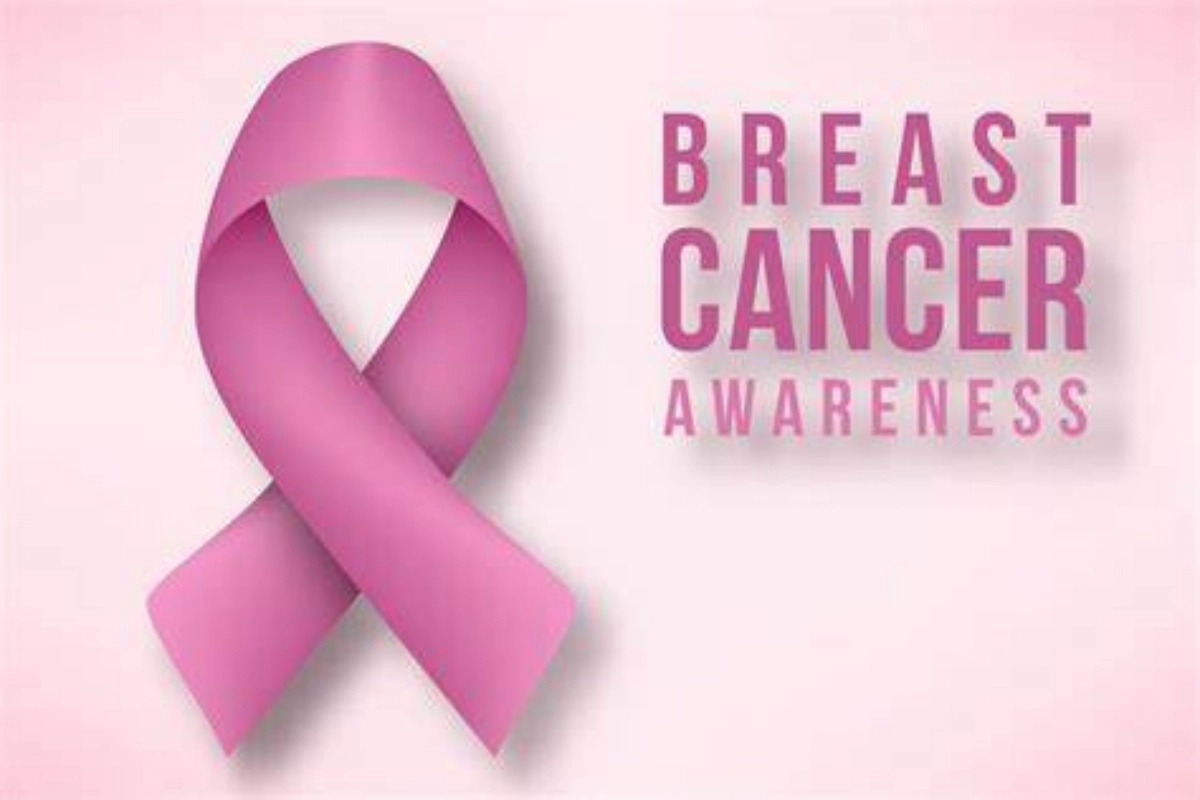Breast cancer: A potentially lethal condition, is characterized by the uncontrolled growth of cells in the breast. Although commonly associated with women, it’s vital to remember that men, though a smaller proportion, can also succumb to this illness. Recognizing the value of body awareness and consistent self-checks could be the key to discovering this disease in its earliest stages.
Recognising the Silent Whispers of Breast Cancer
Breast cancer in its infancy may not always present conspicuous symptoms. Nevertheless, certain breast modifications could potentially point towards the presence of cancer. Alertness to novel lumps in the breast or underarm, unusual dimpling or irritation of the breast skin, peculiar nipple discharge or discomfort, or changes in breast size or shape, could all be crucial markers. Though these indicators can also correspond with benign conditions, it is of utmost importance to seek medical advice for accurate diagnosis.
Decoding the Risk Factors: Who’s at Greater Risk of Breast Cancer?
Specific genetic and environmental elements could amplify the susceptibility to breast cancer. A prominent family history of the condition, certain genetic mutations like BRCA1 and BRCA2, or having a male relative with breast cancer could heighten risk factors. Additionally, lifestyle behaviours such as tobacco use, high alcohol intake, or being overweight can also contribute to increased risk. Regular screenings become doubly significant for individuals with these risk factors.
Unveiling the Disease: The Role of Early Detection in Breast Cancer
Mammography, a breast X-ray, is a powerful tool in the early identification of breast cancer. It can detect cancerous formations far before they can be felt physically. Recommendations are in place suggesting that women of average risk aged 40 and over should schedule annual mammograms. For those at increased risk, it’s suggested to commence these screenings earlier. Regular mammograms exponentially increase the chances of discovering and managing the disease in its early stages, greatly enhancing patient prognosis.
In conclusion, increasing personal awareness about one’s body, understanding the risk factors and prioritising regular mammograms can play a significant role in the early detection of breast cancer. An early diagnosis not only boosts the probability of successful treatment but also improves survival rates. Stay informed, stay healthy!
MUST READ: Summer travel destination: Top 5 fun things to do when you’re in Japan
Keep watching our YouTube Channel ‘DNP INDIA’. Also, please subscribe and follow us on FACEBOOK, INSTAGRAM, and TWITTER
